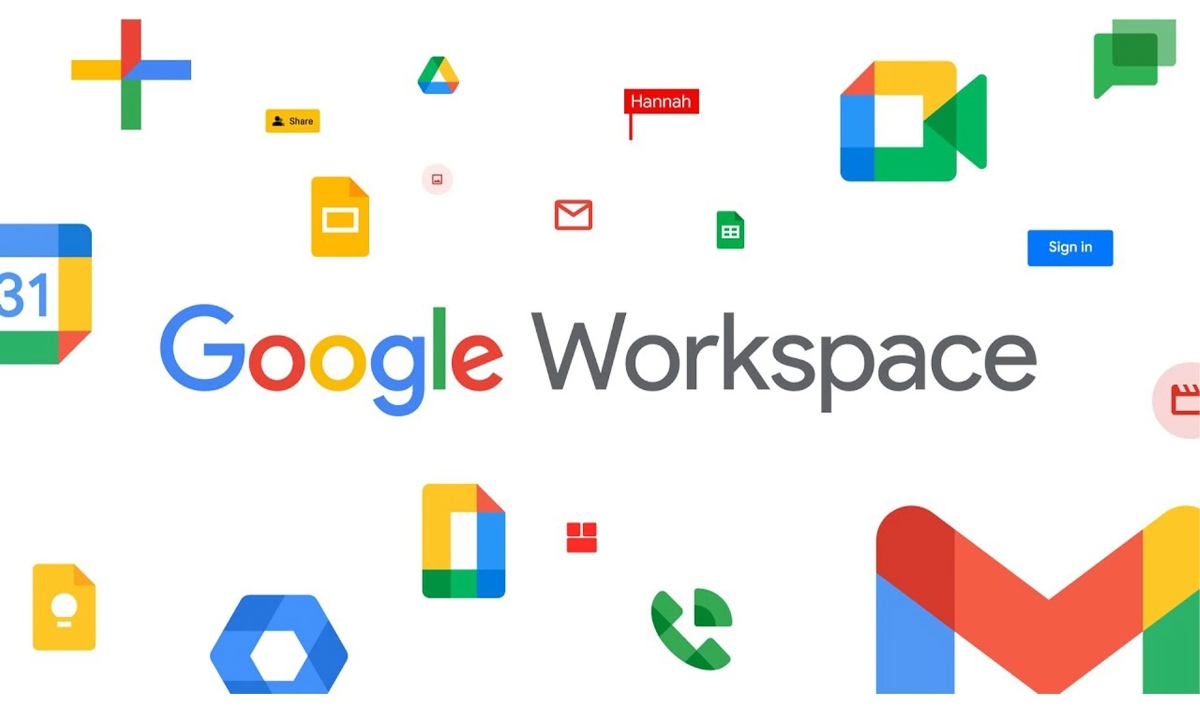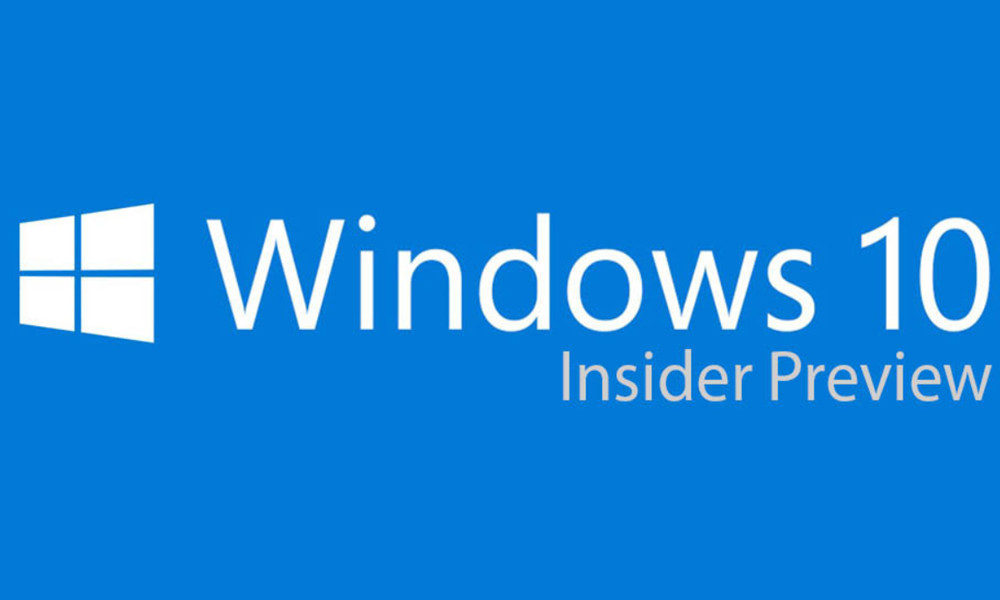
Creating a Google account has been, for many years now, something really simple. The turning point in this regard undoubtedly came when, after months of exclusive access by invitation, Gmail was opened to everyone. This occurred in February 2007, more than 16 years ago, and since then the number of users of the search engine company’s services has not stopped growing, positioning itself as a leader in multiple markets: email, online storage, etc.
The company offers improved versions of its services to both individuals and companies, which is one of the ways to monetize, but the volume of free accounts is simply enormous, and from time to time reasons appear that push users to create a new account, which is added to the one (or the ones) you already have. And this, if we take into account that Google offers 15 gigabytes for each account, allows us to quickly imagine the volume of data managed and, consequently, the size of the infrastructure necessary to manage it.
Unlike other services, which delete inactive accounts after a certain period of time, until now Google has never acted in this regard, which must undoubtedly lead to a huge number of abandoned accounts, but to a lesser or greater extent they are consuming Google infrastructure resources, mainly storage. We can assume that these are figures that Google knows well, and it seems that they have finally decided to do something about it, although this is not their only motivation.
As we can read in The Keyword, the company’s official blog, Google has modified its policy on inactive accounts, and will begin to eliminate them later this year. However, and as you will see when we review the policy defined by the company for this purpose, the truth is that its approach in this regard is very moderate, which will undoubtedly be appreciated by those who use their accounts infrequently.
But before going into this point, I find it interesting to mention that the cost of these accounts is not the argument used by Google to explain this change. Instead, states that the main concern is the security of such accountsbecause, according to what they say, “forgotten or neglected accounts often rely on old or reused passwords that may have been compromised, have not set up two-factor authentication, and receive fewer security checks from the user«. And the problem is that if an account is compromised, it can be used to compromise the security of its owner.
Thus, as we can read, if a Google account has not been used or logged in for at least 2 years, the search engine company may delete the account and all data associated with it, including content within Google Workspace (Gmail, Docs, Drive, Meet, and Calendar), YouTube, and Google Photos. It is clarified, however, that this policy will only apply to personal Google accounts and that, therefore, it will not affect organizational accounts.
And how will Google proceed? First of all, despite the fact that it was announced today, the first account deletions will not occur, at a minimum, before December of this year, and will start with accounts that were created and never used again. Additionally, prior to deletion, Google will send multiple notifications in the months leading up to deletion, both to the account email address and to the recovery email, if provided by the user at the time.
To prevent an account from being marked as inactive, Google proposes to log in at least once every two years, but this does not refer exclusively to accessing Gmail or Google Docs. These are all actions What the company suggests:
- Read or send an email.
- Make use of Google Drive.
- Watch a YouTube video.
- Download an app from the Google Play Store.
- Use the Google search engine.
- Use the account to sign in to a third-party application or service.
- Maintain a subscription to Google or third party services/applications set up through the account.




